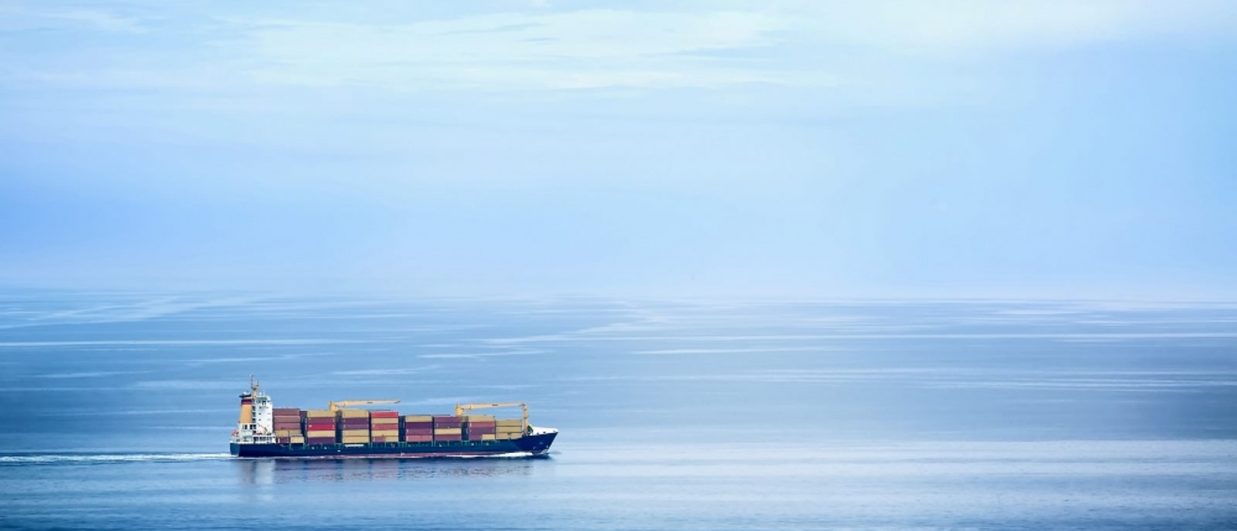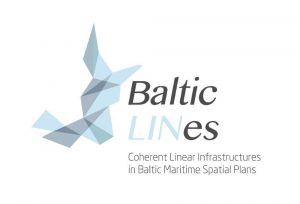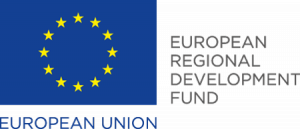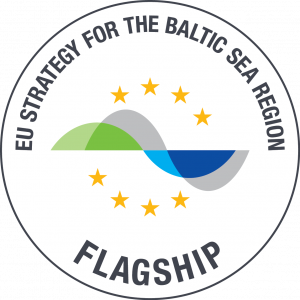Future requirements for MSP for shipping and energy
Future requirements for MSP in relation to shipping and energy sectors in BSR
Maritime Spatial plans do not only resolve existing use conflicts, but also need to take into account future demands and needs for Baltic Sea space of maritime uses for conflict prevention. For instance licences for offshore wind park development areas are given for timeframes of 25 years. Similarly, transnational energy corridors may only become a reality in 10-15 years due to new markets and technological development. Neglecting future developments today may lead to higher costs, foregone pan-Baltic efficiency gains or use of environmentally less suitable space. It is therefore crucial for maritime spatial planners to gain adequate knowledge of sectors’ developments.
Aim of the project activity
Work in previous MSP projects has shown that sector targets formulated in a policy as well as industry context are rarely considered in spatially explicit terms and/or on pan-Baltic level. Furthermore they are voiced from the given sector perspective, but may not sufficiently take into account demands of other sectors. Maritime spatial planners have to better understand the consequences of developments in technology (e-navigation; LNG ports; size of wind parks) and transport and energy conditions on land for estimating the demand of maritime space.
Baltic LINes aims to increase the understanding of both maritime spatial planners and sectors on future sectoral developments and anticipate their possible spatial consequences for the Baltic Sea, both in quantitative (how much space?) and qualitative (which kind of space, which characteristics?) terms. It concentrates on analysing future sectoral trends, assessing economic, environmental, technology and landsea criteria, and creating a set of future spatial sectoral and crosssectoral panBaltic scenarios. This is done in close cooperation with the sectoral groups themselves using innovative and collaborative methods for knowledge generation and integration.
The main responsible project partner for this work package is Maritime Institute in Gdansk.




